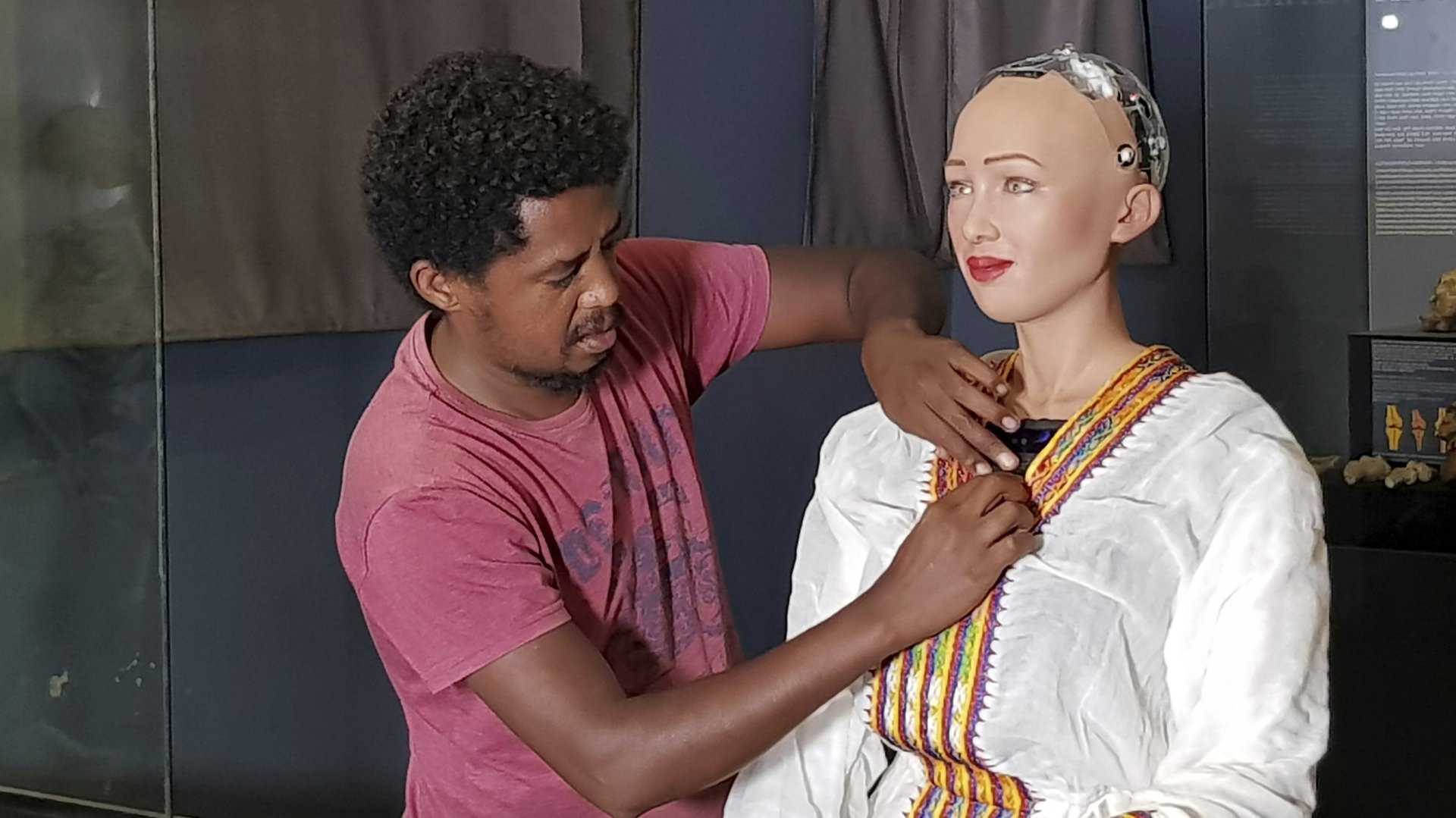Africa’s innovators have to create efficiencies, yes, but also jobs
This week we published the 5th annual Quartz Africa Innovators list. As with previous editions we had a collection of 30 Africans who have dedicated vast amounts of their energies to improving their local communities and countries–and ultimately the wider continent–by focusing on solving one or more problems.


This week we published the 5th annual Quartz Africa Innovators list. As with previous editions we had a collection of 30 Africans who have dedicated vast amounts of their energies to improving their local communities and countries–and ultimately the wider continent–by focusing on solving one or more problems.
The biggest task ahead for the continent is the probability that many African economies will be incapable of supporting and enabling enough businesses to employ the burgeoning numbers of youth.
It’s a challenge likely to be so huge, countries across Europe are worried about it because governments believe their borders will be even more overwhelmed by young, desperate Africans taking life-threatening journeys to flee their countries and reach a perceived promised land.
If you combine the long-running economic inadequacies of many African countries with the youth bulge, and then take into account the likelihood of a disproportionate negative impact of climate change on the continent, then you get some sense of the true scale of the challenge. Today, depending on which measure you use the official unemployment rate in South Africa, the continent’s most advanced economy, is between 29% to 39.8%. In Nigeria, Africa’s largest economy it was 23% in the third quarter.
The question is, how large a role will innovators play in helping to fix these problems? Analysis of the impact of innovation in advanced economies shows it’s often about improving efficiencies, which usually means producing more with fewer resources–chiefly, people. Indeed, in advanced economies concerns about the impact of innovation on jobs has become a cottage industry in itself, with estimates of American jobs lost to automation ranging from as low as 9% to as high as 50%.
“I often think about innovation through the lens of access, value creation, and value distribution,” says Efosa Ojomo, a senior researcher at Harvard Business School’s Christensen Institute. “For example, efficiency innovations—the ones that cut jobs—are often targeted at existing consumers, and so they reduce cost and increase cash flow for shareholders. These tend to have a devastating impact on the economy.”
But given the economic scenario and outlook, most African innovators can’t afford to think about innovation that way.
Iyin Aboyeji, a Quartz Africa Innovator from our 2016 list and co-founder of Flutterwave and Andela, makes clear he thinks there’s little separation between doing what he does as a tech entrepreneur/investor and trying to improve his country or the continent: “I don’t want entrepreneurship as it’s currently used today to be a tool for further impoverishing the poor.”
Ojomo says what is needed and should be supported are “market-creating innovations” like we’ve seen with mobile phones. “They’re different because they target non-consumers, they necessitate the creation of an entirely new value network,” he said. “Africa as a whole is in the market creation phase. It’s why big private equity funds can’t find deals. We haven’t created the markets yet.”
Sign up to the Quartz Africa Weekly Brief here for news and analysis on African business, tech and innovation in your inbox